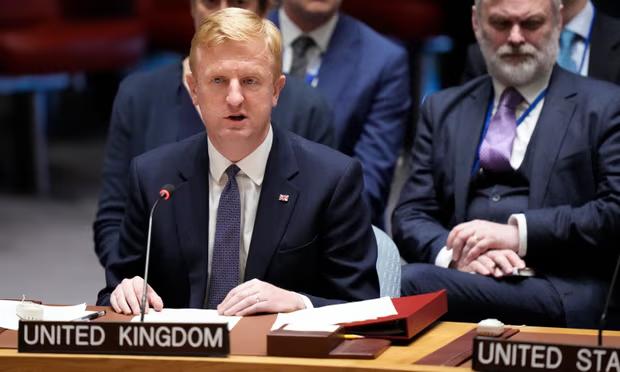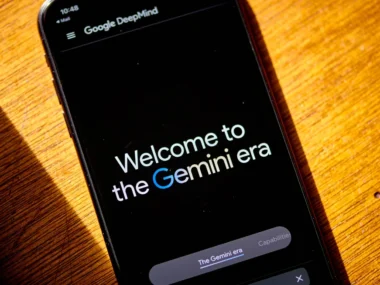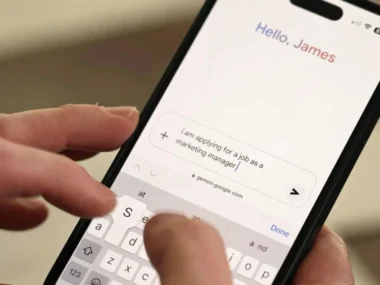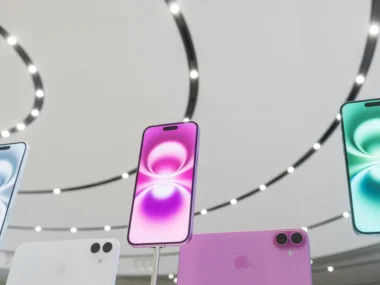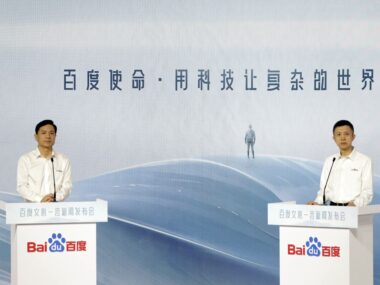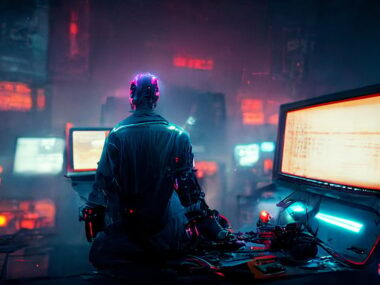In an effort to convince other nations to take the threat seriously before the UK’s AI safety summit in November, the deputy prime minister of the UK will declare that artificial intelligence is evolving too quickly for authorities to keep up.
In a speech to the UN general assembly on Friday, Oliver Dowden will raise concerns about the lack of regulation of artificial intelligence (AI), which he claims is progressing more quickly than many officials anticipated.
When the UK hosts the conference at Bletchley Park, Dowden will push other nations to band together to form an international regulatory system, something the UK is eager to support.
Dowden will say: “The starting gun has been fired on a globally competitive race in which individual companies as well as countries will strive to push the boundaries as far and fast as possible,” according to remarks made prior to the speech.In the past, authorities have responded to advances in science and technology with retroactive regulation. However, in this case, the development of the safeguards, rules, and governance must proceed simultaneously with the advancement of technology. Global legislation, however, is still lagging behind recent developments.
The British government is becoming increasingly concerned, as seen by Dowden’s remarks, that cutting-edge technology might be misused.
According to experts, AI can be used to create phony pictures, movies, sounds, and text that are indistinguishable from the genuine thing, making it a potent tool for spreading misinformation. The issue was highlighted when a fake image of the pope wearing a white puffer jacket went viral on Twitter and was taken as real by many users.
Some people are also concerned that using existing AI technologies, like facial recognition software, could provide discriminatory results if the data they were trained on demonstrates prejudice.
However, Dowden will concentrate on issues related to national security, which he claims the technology raises. Some in the AI sector have claimed that, if allowed unchecked, it could potentially be dangerous to humans.
As governments and citizens must have faith that risks are appropriately addressed, Dowden will assert that technology businesses “must not mark their own homework.”Indeed, maintaining trust in the system should be a major focus of this endeavor, and only nation states can reassure the public that the most pressing national security concerns have been addressed.
The UK aspires to play a leading role in building worldwide AI policy, so the deputy prime minister, who was despatched to New York in place of Rishi Sunak, has spent the previous few days in talks with other ministers from across the globe.
The Cabinet Office reported that he had spoken at the Global Emerging Technology Summit in Washington on Thursday and chaired an AI safety discussion with participation from digital ministers from nations like Japan, the US, Pakistan, and Canada.
Last week, The Guardian reported that many heads of state, including Ursula von der Leyen, the president of the European Council, Justin Trudeau, the prime minister of Canada, and Emmanuel Macron, the president of France, had committed to attending the meeting in November. The vice president, Kamala Harris, will speak in place of US President Joe Biden, who will not be present.
Officials are still considering whether summit events China should attend amid worries over its meddling in western democracies. Recently, it was revealed that a British parliamentary researcher had been detained on suspicion of spying for China, but UK officials stress that this is not the reason why only some of the summit meetings were attended by Chinese officials.

